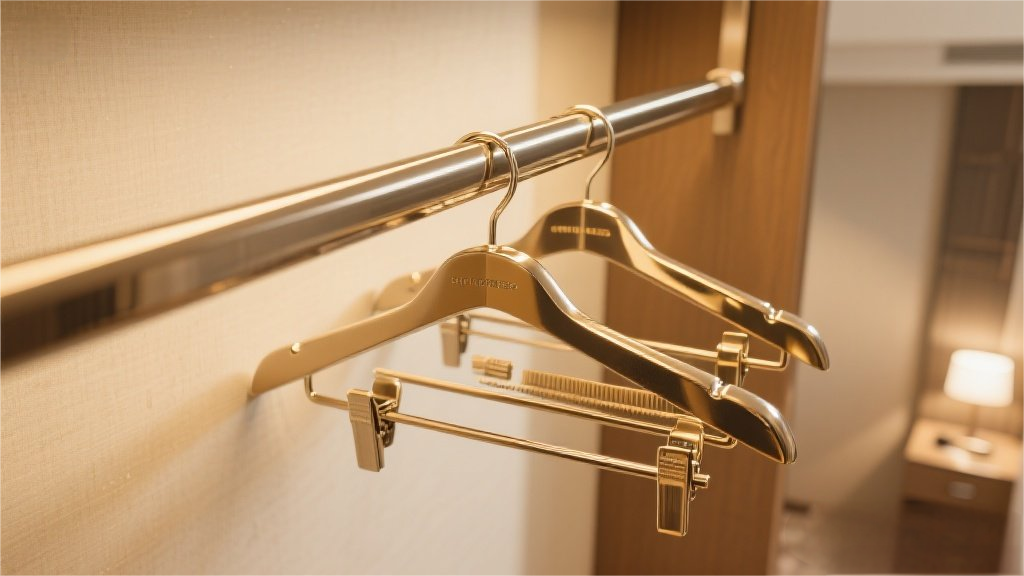First impressions are powerful, and sometimes, they come down to something as simple as what you're wearing. Research from Princeton University shows that people wearing clothes perceived as expensive are often judged as more competent—even when the differences in attire are subtle. This bias is stubborn, persisting even when people are explicitly told to ignore clothing or given incentives to do so. The takeaway? What you wear doesn’t just influence how others see you—it can shape how you see yourself, too.

The Science Behind the "Expensive Clothes" Effect
Princeton researchers conducted a series of experiments where participants rated the competence of models based on photos. The key variable? The perceived cost of the clothing. Even when the outfits weren’t drastically different—no flashy designer logos or visibly cheap fabrics—the bias held strong. People consistently rated those in pricier-looking attire as more capable. The researchers tried everything to eliminate this effect: flashing images for milliseconds, swapping suits for T-shirts, reminding participants that clothing doesn’t reflect ability. Nothing worked. The bias remained, proving just how deeply ingrained these snap judgments are.
Why This Bias Is More Than Just Superficial
This isn’t just about fashion—it’s about fairness. When wealth and competence get conflated, it disproportionately harms those with fewer resources. A person struggling financially might be unfairly perceived as less capable, reinforcing stereotypes and making it harder to break out of economic hardship. As study co-author Eldar Shafir points out, the poor already face enough challenges without being judged for their clothing. In hiring, this bias can skew decisions, leading to missed opportunities for talented individuals who don’t fit the "expensive look" mold. Recognizing this bias is the first step toward mitigating its impact.
How Clothing Shapes Your Own Mindset
Clothing doesn’t just influence others—it affects you, too. Research shows that what you wear can alter your thinking and behavior. Formal attire encourages abstract thinking, making setbacks feel less personal. Wearing a Superman T-shirt can boost confidence. Even a doctor’s white coat can sharpen focus. This phenomenon, known as "enclothed cognition," suggests that clothing carries symbolic meaning that seeps into your self-perception. So while dressing well might help you make a good impression, it could also help you perform better.
Dressing for Success (Without Breaking the Bank)
You don’t need a designer wardrobe to project competence. Simple strategies can elevate your look without a hefty price tag. Well-fitted clothing, neutral colors, and minimal wrinkles go a long way in creating a polished appearance. Accessories like a structured bag or classic watch can subtly signal professionalism. And if you’re on a tight budget, thrifting or investing in a few high-quality staples can make a difference. The goal isn’t to mimic wealth but to present yourself in a way that aligns with how you want to be perceived.
When Uniforms Level the Playing Field
One way to combat clothing-based bias? Uniforms. Schools use them to minimize economic disparities among students, ensuring no one is judged for wearing less expensive clothes. In professional settings, some companies adopt dress codes or uniforms to create a more equitable environment. While not a perfect solution, it’s a step toward reducing snap judgments based on attire. The challenge is balancing uniformity with individual expression—because while clothing shouldn’t dictate competence, personal style still matters.
The Takeaway: Awareness and Adaptation
Bias is hard to erase, but awareness helps. If you’re in a position to judge others—whether hiring, networking, or just meeting someone new—pause and question whether clothing is influencing your perception. And if you’re the one being judged, remember that while dressing well can help, it’s not the sole measure of your ability. Ultimately, competence isn’t about the price tag on your shirt—it’s about what you bring to the table. But until society catches up, a little strategic dressing might just give you an edge.
Final thought: Whether we like it or not, clothing speaks before we do. The key is making sure it’s saying what we want it to.
























